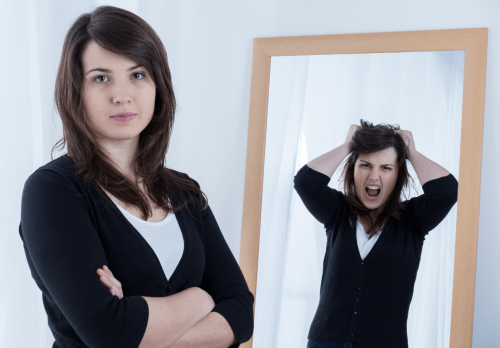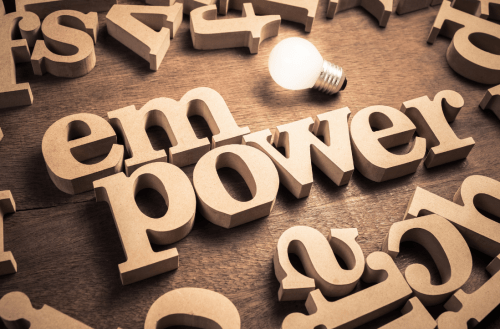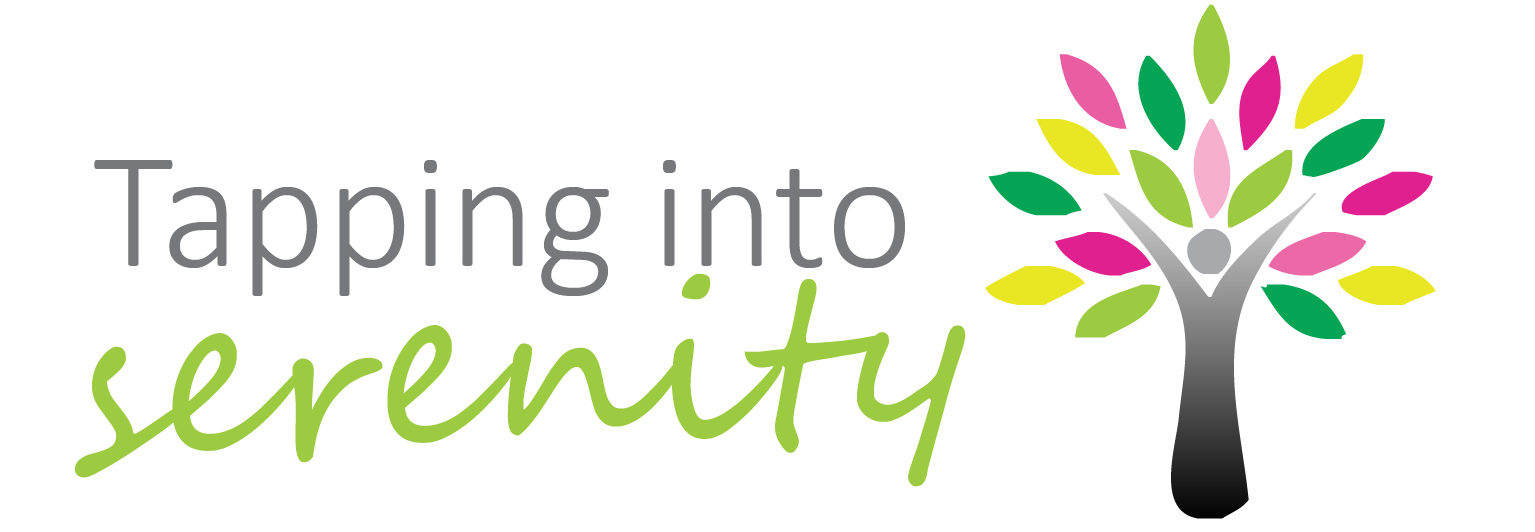Anger in Women & Girls
I wonder if you saw the recent comments by Donald Trump, that he thinks young Greta Thunberg needs Anger Management Therapy to deal with her indignant feelings at the lack of action by the world’s leaders on Climate Change?
I see part of the backlash against her as more about the leaders themselves not wanting to take responsibility. Or that they think that by insulting her they can deflect criticism away from themselves. However, I wonder how much of what Trump said means that he dislikes women and girls showing their anger, feels it is questioning his ability and power, and bruising his ego?
Be Nice all the time?

So what about the comment that a young girl who is expressing her anger needs “help”? Even though we’re now living in the 21st Century, in a brand new decade, and we think women won equality decades ago, girls are often still raised to “be nice” and not upset others… which can mean suppressing their own feelings, especially their anger.
Is this a good thing? Well, it might save others feeling uncomfortable. But what does it do to the girl or woman to stop her emotions in their tracks? From a physiological/biological perspective, it stops in its tracks the negative chemical and energy flow associated with the negative emotion and instead means it gets bottled up and starts festering away. People who express their anger are more healthy than those who bottle it up.
I know someone who, when they get angry, says “Just let me be angry, and then I”ll be over it“. They feel the anger, say what they need to say, and that’s done. By comparison, others just never learned to do this. They might not even start to feel angry because they jump on it immediately and squash it. Maybe it feels too uncomfortable or too painful to feel into that anger. Maybe they’re afraid of becoming out of control with excessive anger. Often you can learn at some point earlier in your life that if you show anger, you’ll end up with a worse feeling than that, such as extreme loneliness when people withdraw love or punish you (physically, or with mental abuse such as put downs).
Unresolved anger
From the view of the Emotional Freedom Technique acupressure tapping that I use with my clients, and within thousands of years of Chinese Medicine, suppressed anger becomes stuck energy. If that energy is not released, it can lead to disease or physical illness such as stomach problems, lower back pain, depression, high blood pressure, and relationship problems. Maybe even cancer. This article tells about an EFT workshop where clearing anger about a work issue reduced back pain: Anger & Back Pain

Suppressed anger is also often a key factor in eating disorders such as bulimia and anorexia. If girls and women are taught to suppress certain feelings, then that is also not good for their mental health.
Of course, there are healthy ways to express anger, but who is teaching that? Are adult women role modelling healthy ways to express anger, such as being Assertive – saying what you mean in a way that isn’t demeaning to the other person? A recent study of UK schools suggests that even though education now includes a focus on emotional and social learning, anger is suppressed in the classroom and children aren’t being taught how to deal with it.
The alternatives are of course being The Doormat, who never says how she feels and always puts her feelings last, or the Passive-Aggressive Woman who is angry but hides that and gets at you in other ways such as giving ‘the silent treatment’ or going off in a huff. An interesting study about female attorneys found that they may be less likely to be hired if they exhibit anger in court, whereas this is accepted behaviour for male attorneys.
There is hope
Some women have spent a lifetime suppressing their angry feelings and have no idea how to express them. They may even feel unsafe or scared of trying to release them, even if doing so will benefit their health. And it’s quite common for the anger to be turned inwards as shame, including feeling ashamed that we even have such a strong feeling as anger. Shame can arise for example if the adults around us didn’t know how to deal with anger in a child, or weren’t in a position to do that, so they closed it off or shouted at us. Instead what was needed was reassurance that everything would be OK, and possibly in a physical way such as a hug or holding our hand.
 Sometimes we also hold onto anger to teach the other person a lesson. As if letting our anger go will let them off the hook. But, as the old adage says, holding onto anger is like being in a cage with the spikes on the outside – it is only hurting us; the other person may well have forgotten all about it and may have no idea you feel the way you do.
Sometimes we also hold onto anger to teach the other person a lesson. As if letting our anger go will let them off the hook. But, as the old adage says, holding onto anger is like being in a cage with the spikes on the outside – it is only hurting us; the other person may well have forgotten all about it and may have no idea you feel the way you do.
With the Emotional Freedom Technique self-applied acupressure that I use with my clients, we can clear any such fears first by tapping about how you feel about releasing the anger, or even saying that part of you feels angry with someone or something. Then we go on to express and clear the anger from body and mind through words and the tapping acupressure. That may be anger towards someone or a situation now, or anger about something that happened in the past.
We can also find that underneath the anger is actually another issue, perhaps suppressed sadness. As we say in emotional healing work, “the problem is never the problem”. Being able to let the anger out, immediately, or after some gentle preparatory work, can feel so empowering! Here’s how Donna, a counsellor, felt after two private sessions with me where she released anger about a work situation:
“I’d been struggling to end a work relationship with someone that just wasn’t working for me. After a couple of sessions with Lareen I was able to do it, and in a surprisingly smooth and harmonious manner. It feels so good to take your power back from people you shouldn’t have given it to in the first place!”
If you’d like read more about how I’ve helped other women and girls with a range of stresses and anxieties, check out my Testimonials page. And if you’d like to find out more about ways to work with me online (via Zoom) in woman-centred private sessions or programs to start changing your life for the better, start at my website homepage.




